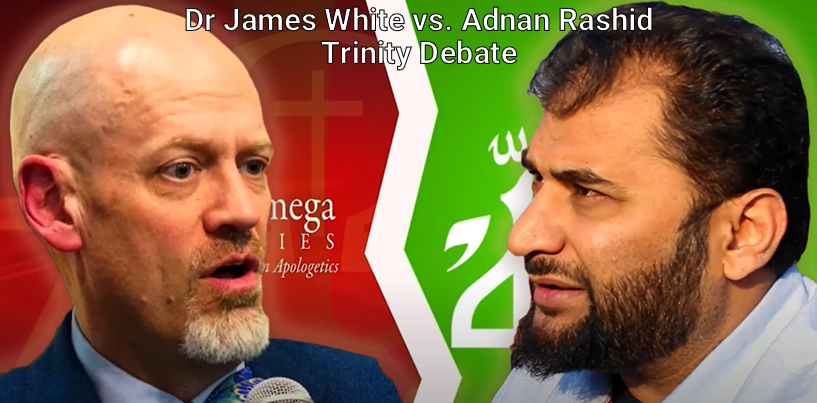Reflections on the Baptist Confession of Faith of 1689. 23 Aug 14 began a perhaps unbroken, orderly, and personal journey through my favorite written confession of faith. This will be my personal reflections on this beloved written codification of the Christian Faith which is according to a Baptist flavor.
NEXT-
Section 10, paragraph 4a: “Others not elected, although they may be called by the ministry of the Word, and may have some common operations of the Spirit, yet not being effectually drawn by the Father, they neither will nor can truly come to Christ, and therefore cannot be saved…”
This morning, I stood in front of a church and spoke to them. Many if not most of those who were listening to me will be in hell when they die. I don’t condemn. God forbid! No, I do what I do as a laborer in Jesus’ vineyard hoping I’m wrong. Perhaps God will save every one of them. I have no one in particular in mind in saying this, but whenever you have a large number of people it’s almost certain that there are false believers in among the true. This was always true. There are elect and non-elect. There are a ton of parables from Jesus outlining wheat and tares, foolish and wise virgins, good and bad soil, etc. that illustrate this. As the Gospel goes out, there are various responses, and some are false. When the confession here says, “they may be called by the ministry of the Word, and may have some common operations of the Spirit” it just means this. It means that people can hear the Gospel audibly, yet not hear it internally. They may have certain changes in their lives or marriages as a result of what they hear, even for years, but they never truly come to Jesus in faith. They can’t and they won’t. This reality is the only reason why the words of Matthew 7:21-23 are so terrifying.
We need to be “effectual drawn” to be Christians. Effectual drawing is that invisible work God alone does that Jesus calls our “new birth” where people are brought to faith in Jesus. It leads to a heartfelt trust in the Cross and their most sincere and willing love for God. God is NO gentleman in this. He doesn’t ask for permission. He violates the will…yet not at all. Rather, he changes the hearts of hellions stopping some from the destruction they love to court. By changing the heart, what seems desirable to the will of a person becomes Jesus and his commandments. A new heart leads to a willingness to repent and believe to be justified. Which is what we preachers call men to do outwardly daily.
In Jonathan Edwards’ inimitable work “Freedom of the Will” he belabors the inevitable truth that the will of every human being is free to choose whatever pleases a person. That the will is ultimately motivated, not in and of itself, not in neutrality, but by what seems advantageous to a person. The overarching problem shown in our fallen condition is that God is the most repulsive being in existence. We prove this in various ways. Often in false religion (as we’ll see in the next section). Sometimes in the sciences. Sometimes in politics. In Christianity even, devils hide. We don’t want Jesus. We simply don’t want heaven. At least not for the right reasons. We don’t want forgiveness or grace, and we’ll make every excuse for ourselves to deny God’s rules up to and including excusing anyone else’s sins, no matter how egregious they may be (excepting maybe murder or rape) if it’ll make us more comfortable in ours. Then we can wickedly say, “judge not” to everyone as if we’re reflecting what Jesus taught. Men don’t want God. Romans 3:9-18 is anthropology. It avidly transmits the heart condition of people. All the first chapters of Romans do so with a crescendo in 3:9-18. If people do ever love God, as in the case of the faithful in Israel, it’s because God intervened to stem their natural rebellion. When God does this, as Edwards demonstrated, then God, for the right reasons, becomes our desire.
In Romans 8, Paul outlines the two categories of people who’ve ever lived or live—the spiritual and the carnal. He Paul was once carnal and is now spiritual living out his faith. As a spiritual man he’s both lamenting and rejoicing there in how Christ has delivered him, but how his sin still entangles him. In vv. 7-8 he speaks about carnal men and says, “the mind set on the flesh is hostile toward God; for it does not subject itself to the law of God, for it is not even able to do so, and those who are in the flesh cannot please God.” His argument is that men never have it in themselves to love and thus please God. Reader, not ever. What nation ever loved God outside of many in Israel? None. Why did any there love him? Because God ransomed them. The whole world’s distance from God is an unmistakable evidence of our universal heart condition. Phrases like this here that a carnal mind “is not even able” to submit to God thus God’s law are in full accord with Jesus’ repeated statements in John 6:44 and 65 that men “cannot” come to him unless it is granted that they could. I.e. unless they’re made spiritual. It’s not that they “may not.” It’s that they “cannot”. They cannot come because they are dead in sin. What prevents them is the evil within them. As the confession here says, “they neither will nor can truly come to Christ.” God alone makes the difference.








Leave a Reply